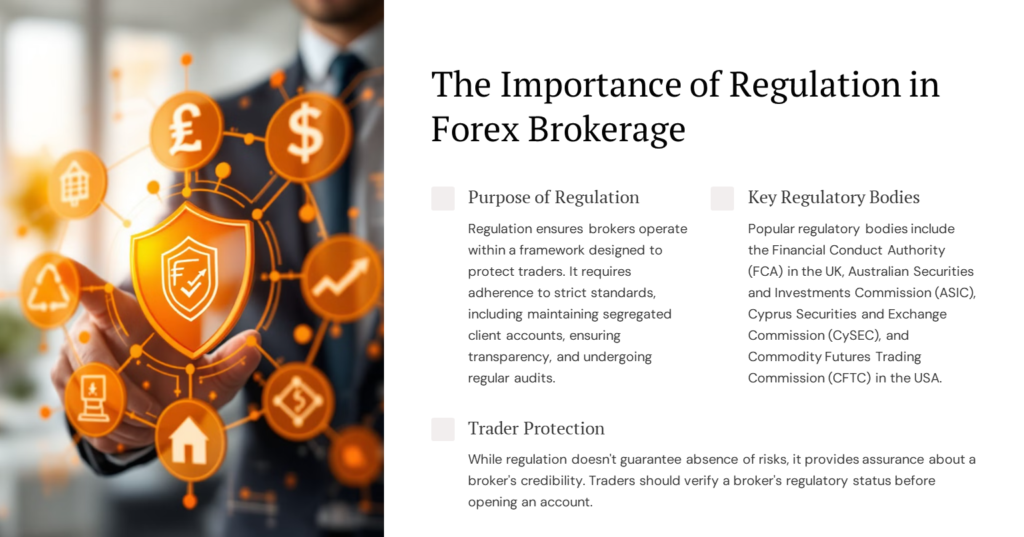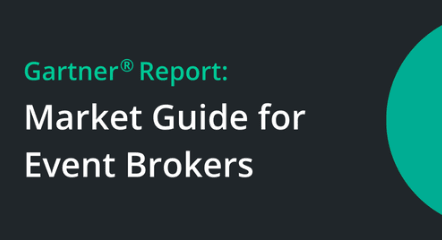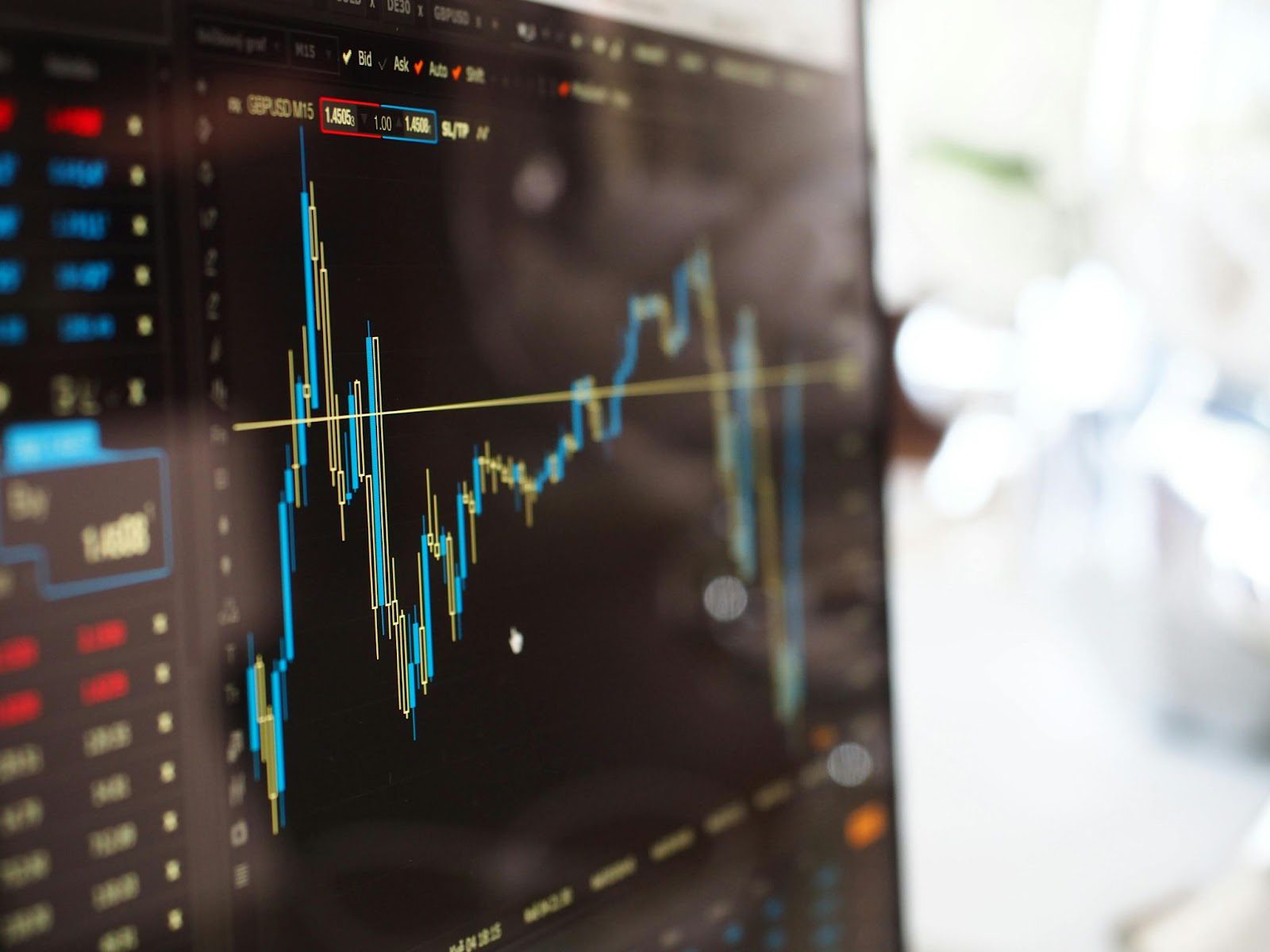Did you know that the average person spends more time choosing a pair of socks than they do selecting a trading broker? When it comes to futures day trading, however, a solid broker can make all the difference between profit and loss. In this article, we dissect the essential criteria to evaluate when choosing a futures day trading broker, including key factors like commissions, trading platforms, customer support, and available tools. We’ll also explore the importance of margin, regulatory considerations, and how broker reviews can influence your decision. Additionally, we provide insights on minimum deposit requirements and the benefits of demo accounts. With guidance from DayTradingBusiness, you’ll be well-equipped to find the right broker tailored for your trading needs.
What should I look for in a futures day trading broker?
When choosing a futures day trading broker, look for the following key factors:
1. Commission Rates: Compare fees to ensure they are competitive and transparent.
2. Execution Speed: Fast execution is crucial for day trading; check reviews for reliability.
3. Trading Platform: A user-friendly, robust platform with advanced charting tools is essential.
4. Margin Requirements: Ensure the broker offers favorable margin terms that fit your trading strategy.
5. Customer Support: Look for responsive, knowledgeable support available during trading hours.
6. Regulation: Choose a broker regulated by a reputable authority for security and trustworthiness.
7. Market Access: Confirm that the broker provides access to the specific futures markets you want to trade.
8. Educational Resources: Quality resources can help improve your trading skills and strategies.
9. Account Types: Check for a variety of account types that cater to different trading styles and sizes.
Evaluate these factors to find a broker that aligns with your trading needs.
How do I compare futures trading commissions among brokers?
To compare futures trading commissions among brokers, first gather the commission rates for each broker you’re considering. Look for both per-contract fees and any additional charges, such as platform fees or data fees. Next, consider the volume discounts offered by brokers for higher trading activity. Check for hidden costs in the fine print, like withdrawal fees or inactivity fees. Finally, use online comparison tools or broker review sites to see side-by-side comparisons of fees and commissions.
What are the best platforms for futures day trading?
The best platforms for futures day trading include:
1. NinjaTrader – Offers advanced charting and analysis tools.
2. TradeStation – Known for powerful trading software and backtesting capabilities.
3. Interactive Brokers – Provides low commissions and extensive market access.
4. TD Ameritrade (thinkorswim) – Great for research tools and educational resources.
5. E*TRADE – User-friendly with robust trading features for futures.
Choose a platform based on your trading style, fees, and available tools.
How important is customer support for futures trading brokers?
Customer support is crucial for futures trading brokers. Quick and knowledgeable support can help traders navigate complex issues, address technical problems, and make timely decisions. Effective customer service enhances trader confidence and satisfaction, ensuring they can focus on executing their strategies without unnecessary stress. In a fast-paced market, having reliable support can significantly impact trading success.
What fees should I be aware of when selecting a futures broker?
When selecting a futures broker, be aware of these key fees:
1. Commissions: Charges per contract traded, which can vary widely.
2. Margin Rates: Interest on borrowed funds if you use leverage.
3. Platform Fees: Costs for using the trading platform or software.
4. Data Fees: Charges for real-time market data access.
5. Inactivity Fees: Fees if your account is inactive for a period.
6. Withdrawal Fees: Costs associated with withdrawing funds from your account.
Understanding these fees helps you evaluate the overall cost of trading futures effectively.
How can I assess the trading tools offered by brokers?
To assess trading tools offered by brokers for futures day trading, consider these key factors:
1. Platform Features: Evaluate the trading platform's functionality, including charting tools, technical indicators, and order types.
2. User Experience: Test the platform’s interface for ease of navigation and customization options.
3. Execution Speed: Check the broker’s execution speed, as this is crucial for day trading.
4. Mobile Access: Ensure the broker offers a robust mobile app for trading on the go.
5. Risk Management Tools: Look for features like stop-loss orders and margin alerts.
6. Research and Analysis: Assess the availability of market research, news feeds, and analytical tools.
7. Cost Structure: Review commissions, fees, and spreads related to futures trading.
8. Customer Support: Test the responsiveness and availability of customer service for technical assistance.
By focusing on these aspects, you can effectively evaluate brokers and their trading tools for futures day trading.
What role does margin play in futures day trading?
Margin in futures day trading is crucial because it determines how much capital you need to control a larger position. It allows traders to leverage their investments, increasing both potential gains and losses. Higher margin requirements mean you need more funds upfront, while lower margins can increase risk. Understanding margin helps in evaluating brokers, as different brokers have varying margin policies that can impact your trading strategy and risk management. Always compare margin rates when choosing a broker for day trading futures.
Are there specific regulations for futures trading brokers?

Yes, futures trading brokers must adhere to specific regulations set by the Commodity Futures Trading Commission (CFTC) and the National Futures Association (NFA) in the U.S. They must be registered and comply with strict reporting, capital requirements, and operational standards. Check if the broker is NFA-registered, review their financial stability, and ensure they have appropriate risk disclosures to ensure compliance and protect your investments.
How do broker reviews influence my choice for futures trading?
Broker reviews significantly impact your choice for futures trading by providing insights into the broker's reliability, fees, platform usability, and customer service. Positive reviews often highlight low commissions, fast execution speeds, and user-friendly trading platforms, which are crucial for day trading. Conversely, negative reviews can reveal potential issues like hidden fees or poor customer support, helping you avoid brokers that might hinder your trading experience. Ultimately, assessing broker reviews helps you make an informed decision that aligns with your trading needs and goals.
What are the risks of choosing the wrong futures broker?
Choosing the wrong futures broker can lead to several risks:
1. High Fees: You may face excessive commissions and hidden charges that eat into your profits.
2. Poor Execution: Slow or unreliable trade execution can result in missed opportunities or slippage.
3. Inadequate Support: Lack of customer service can leave you stranded during critical trading moments.
4. Limited Tools: A broker with outdated platforms or inadequate trading tools can hinder your decision-making.
5. Margin Issues: Misunderstanding margin requirements can lead to unexpected margin calls or liquidation of positions.
6. Regulatory Compliance: Trading with an unregulated broker increases the risk of fraud or unethical practices.
7. Withdrawal Problems: Complicated withdrawal processes can delay access to your funds when you need them.
Carefully evaluate brokers to avoid these pitfalls and ensure a smoother trading experience.
How can I evaluate the research and education resources of brokers?

To evaluate the research and education resources of brokers for futures day trading, consider these steps:
1. Resource Availability: Check if the broker offers comprehensive research tools, such as market analysis, real-time data, and trading signals.
2. Educational Content: Look for webinars, tutorials, and articles that cover futures trading strategies and market insights.
3. User Experience: Evaluate the quality of the educational materials. Are they easy to understand and accessible for your skill level?
4. Community and Support: Assess if the broker provides forums, mentorship programs, or customer support for educational queries.
5. Reputation and Reviews: Research broker reviews focusing on their educational offerings to see what other traders have experienced.
6. Demo Accounts: Consider brokers that offer demo accounts to practice trading with the educational materials provided.
This approach will help you gauge the effectiveness of a broker’s resources for futures day trading.
How Do I Choose the Best Broker for Futures Day Trading?
Futures in day trading are contracts to buy or sell an asset at a predetermined price on a specific future date. They allow traders to speculate on price movements of commodities, currencies, or indices. Day traders use leverage in futures trading to increase potential profits, but this also increases risk.
Learn more about: What Are Futures in Day Trading?
Learn about How to Choose the Right Futures Contracts for Day Trading
What features make a broker suitable for day trading futures?
A suitable broker for day trading futures should have low commissions, fast execution speeds, and a robust trading platform. Look for features like advanced charting tools, real-time market data, and customizable order types. Adequate leverage options and a user-friendly mobile app are also essential. Additionally, ensure they provide strong customer support and educational resources tailored for futures trading.
How do I determine the reliability of a futures trading platform?
To determine the reliability of a futures trading platform, check the following:
1. Regulation: Ensure the platform is regulated by a recognized authority like the CFTC or NFA in the U.S.
2. Reputation: Research user reviews and ratings on independent sites to gauge satisfaction.
3. Security: Look for robust security measures such as two-factor authentication and encryption.
4. Fees and Commissions: Compare trading fees with other platforms to ensure they are competitive.
5. Customer Support: Test their support channels—quick, helpful responses indicate reliability.
6. Trading Tools: Evaluate the quality of their trading tools, charts, and resources.
7. Execution Speed: Check for low latency and fast trade execution to avoid slippage.
8. Account Types: Verify that they offer account options that suit your trading style and capital.
Focus on these factors to assess the platform's reliability for futures day trading.
What are the minimum deposit requirements for futures brokers?
Minimum deposit requirements for futures brokers typically range from $500 to $10,000. Many brokers set a $1,000 to $2,500 minimum for day trading accounts. Some may require higher amounts for trading specific contracts or strategies. Always check with the broker directly for their specific requirements.
How can I find brokers that offer demo accounts for futures trading?

To find brokers that offer demo accounts for futures trading, start by researching online broker reviews and comparisons. Look for brokers specifically highlighting demo accounts for futures. Check their websites for demo account options and any associated requirements. Consider platforms like NinjaTrader, Thinkorswim, and Interactive Brokers, as they often provide demo accounts. Join trading forums and communities to get recommendations from experienced traders. Lastly, contact brokers directly to confirm demo account availability and features.
What are the differences between online and traditional futures brokers?
Online futures brokers offer lower fees and greater accessibility compared to traditional brokers. They provide user-friendly platforms that allow for real-time trading and analysis, while traditional brokers often involve higher commissions and slower execution. Online brokers typically feature advanced trading tools, educational resources, and 24/7 support, whereas traditional brokers may focus more on personal service and advice. Additionally, online brokers allow for greater flexibility in trading times, while traditional brokers may have more limited hours.
Conclusion about Evaluating Brokers for Futures Day Trading
Choosing the right broker for futures day trading is crucial for your success. Focus on key factors such as trading commissions, platform reliability, customer support, and available tools. Be vigilant about fees and regulations, and utilize broker reviews and educational resources to inform your decision. By carefully evaluating these elements, you can select a broker that aligns with your trading needs. For comprehensive insights and assistance in navigating this process, consider DayTradingBusiness as your go-to resource.
Sources:
- Bank Holding Company Supervision Manual
- The price discovery role of day traders in futures market: Evidence ...
- Trade Strategy and Execution | CFA Institute
- Indonesia: Implementation of the IOSCO Objectives and Principles ...
- Bank Holding Company Supervision Manual, Section 2130-2260 ...
- Identifying informed traders in futures markets - ScienceDirect